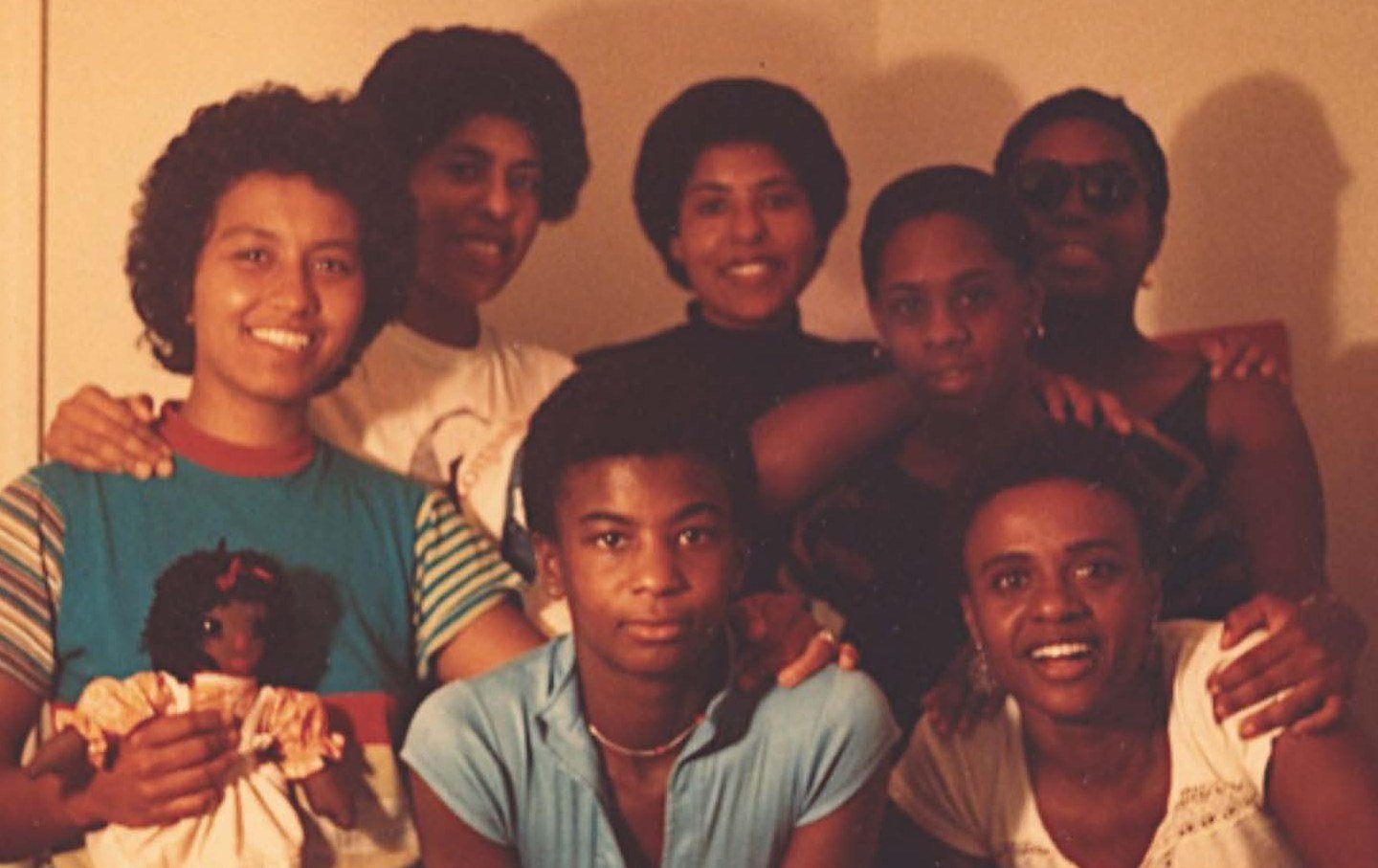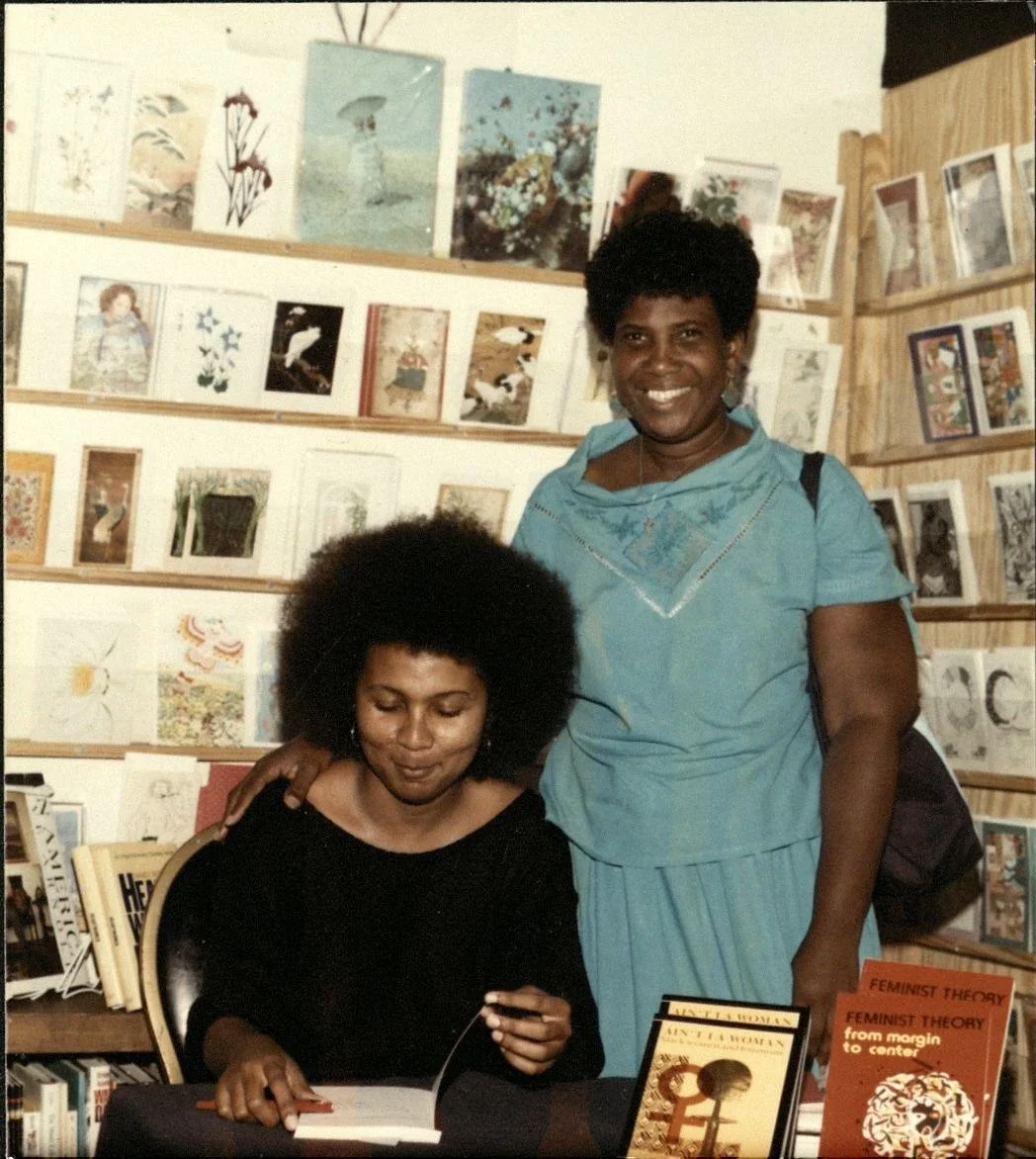Georgia Dusk is an intergenerational counter-narrative to the mainstream depiction of Georgia politics and the southern liberation movement. As experts of our own stories, we document grassroots movements led by Black queer and feminist people and reclaim the historical representation of liberation movements throughout Georgia.
ABOUT GEORGIA DUSK
About our Name: Inspired by the two poems titled Georgia Dusk by both Langston Hughes and Jean Toomer, Georgia Dusk: a southern liberation oral history is a project to connect the intersections of Black movement and cultural work in Atlanta, Georgia across generations. Poetry has always served as a medium for expressing feeling, storytelling, and politics, so we thought it fitting that our project has a poetic name. Both Langston Hughes and Jean Toomer were artists during the Harlem Renaissance and Black Liberation Movement. In Toomer’s work, he often depicts Southern beauty and struggle, and Hughes often expresses radical politics with depictions and observations of the conditions of the working class domestically and internationally. Georgia Dusk means to reflect the conditions of Southern Black people while also highlighting the beauty and struggle of collective organizing.
How can oral history be used as an intergenerational organizing tool? Georgia Dusk is focused on Georgia as the place we call home, but also as a place with a long history of resistance, struggle, and organizing. In Georgia, an intersection of grassroots movements led by Black feminists has created a legacy of community networks, organizing strategies, and resources for healing in response to constant state repression. This project is aimed to flip the traditional authority that researchers typically have in the field of oral history and empower narrators as collective owners to use the oral histories to build their knowledge and capacity as activists.
Georgia Dusk is an intergenerational counter-narrative to the mainstream depiction of Georgia politics and the southern liberation movement. As experts of our own stories, the project documents grassroots movements led by Black queer and feminist people. The oral history interviews enable participants to reclaim the narrative and historical representation of liberation movements throughout Georgia. When used with other research materials, oral histories help to provide a more holistic view of history.
WE DO TAKE DONATIONS
WE DO TAKE DONATIONS
To quote the Combahee River Collective, “We believe that the most profound and potentially most radical politics come directly out of our own identity…” As Queer, Black, Southerners we will fulfill our goals as conveners, organizers, and memory workers by trusting that marginalized people are the experts of their own stories.


